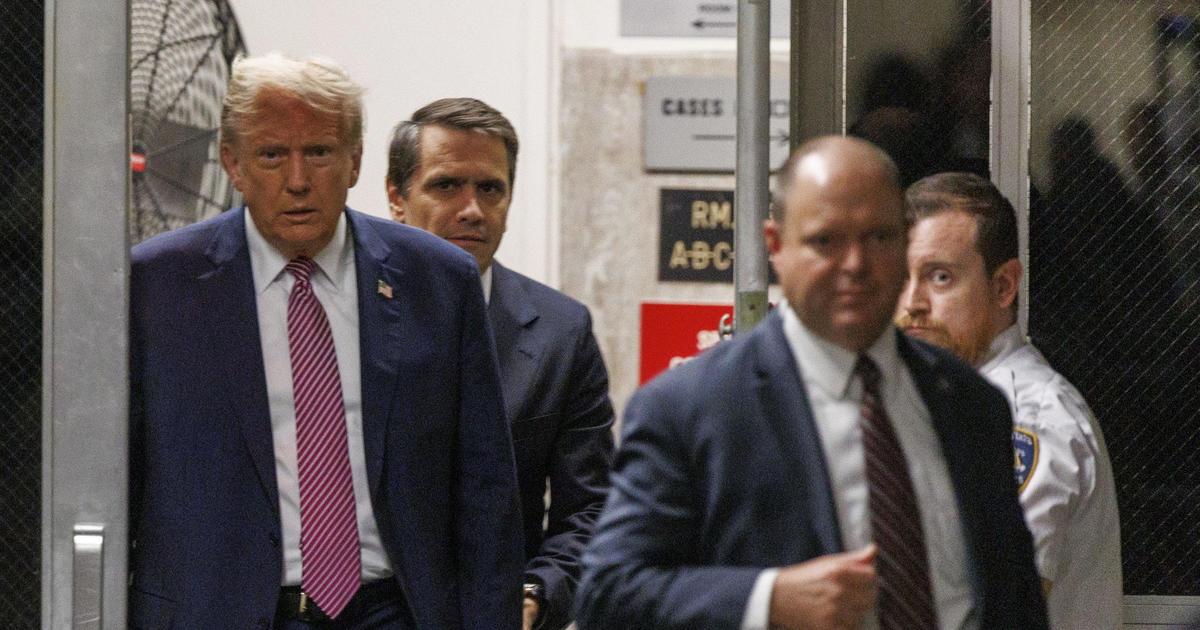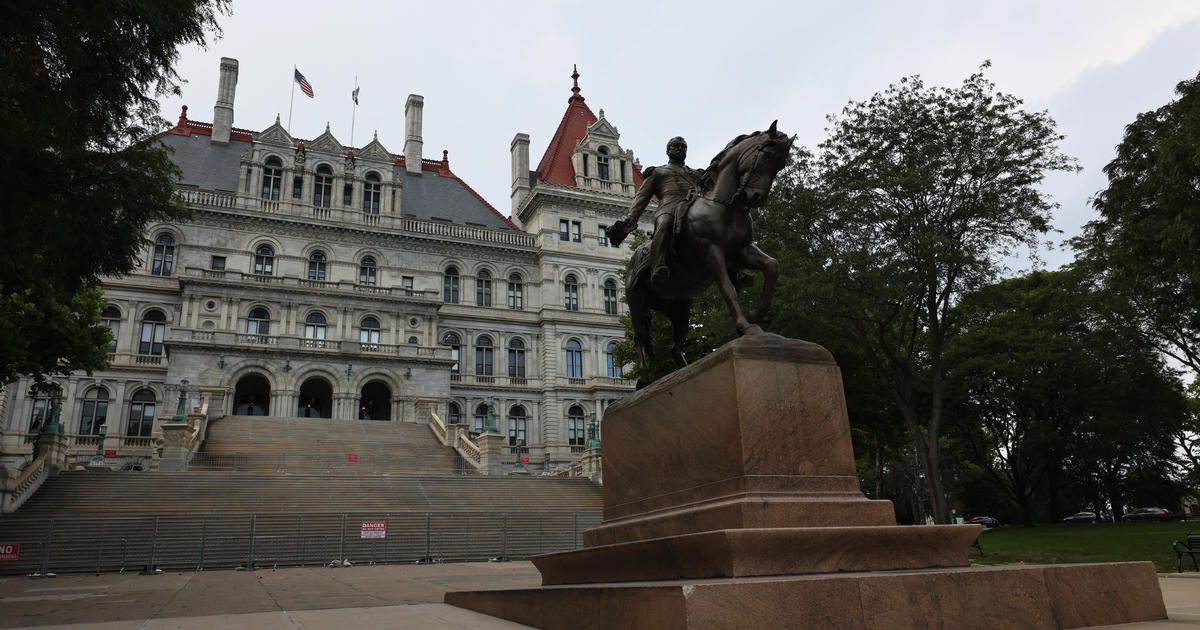NJ Top Court Has Tough Questions On School Funding
TRENTON, N.J. (AP / WCBS 880) -- New Jersey's State Supreme Court heard arguments Wednesday on a new chapter in its decades-long dilemma over what the state must do to provide an adequate education for children in its poorest communities.
Podcast
WCBS 880's Levon Putney on the education task force's recommendations
The question the justices are now wrestling with: Was it unconstitutional for Gov. Chris Christie and the state Legislature to cut aid to schools by about $1 billion last year?
The Education Law Center, which represents children in low-income cities, argued that it was because the constitution requires the state to provide children a "thorough and efficient education.'' The law center's executive director, David Sciarra, argued that next year, the state needs to start again using a formula that was introduced three years ago with the intent of funding schools equitably.
The formula, which was approved by the court in 2009, was fully funded in its first year, but not in its second. And for the current school year, it was set aside as the state cut subsidies to every public school distirct.
Nancy Kaplen, a lawyer for the state, said that the state would have needed an additional $1.8 billion for the current school year to fund the schools at the level called for under the formula. "The money was just not there,'' she told the justices.
For more than three decades, the court has prodded the state through its rulings in cases known as Robinson v. Cahill and Abbott v. Burke to give more aid to 31 low-income districts, where test results lag far behind the state's suburbs.
It seems the issue has only become more complicated with time.
In the 1970s, when the litigation over funding equity began, schools in poor cities spent only half of what the state's wealthiest schools did on a per-pupil basis.
Now, Kaplen said, those schools spend an average of $2,200 more per student than the wealthiest districts. Asbury Park, she said, is spending almost $25,000 per student this year -- about twice as much as one wealthy district, Somerset County's Montgomery Township.
"We can't keep up this level of spending that we can't afford,'' Kaplen said. "Everyone's got to make decisions.''
Justice Barry Albin said that more needs to be spent in the cities than the suburbs. "The wealthiest districts don't have to worry about school violence,'' he said. "They may not need security guards.''
The Education Law Center's Sciarra said that poor students are particularly hurt by this year's cuts.
"There have been substantial reductions in services for regular students, at-risk students, special-education students, English-language students,'' he said. 'This cut puts us on the road to return to the deplorable state our schools were in that led to Robinson v. Cahill.''
Justice Helen Hoens seemed skeptical of Sciarra's request, summarizing it: "Whatever other departments in government would have to be closed, slashed, ended ... this particular funding formula has to be funded, end of discussion.''
Six justices heard the case. Chief Justice Stuart Rabner, who was involved as attorney general with creating the state's school funding formula, recused himself. Edwin Stern, an appeals court judge elevated temporarily to fill a vacancy on the court, participated.
All the justices had tough questions for both lawyers. They repeatedly asked Sciarra whether the state should ignore the economy to make sure schools are well funded.
He tried to avoid giving a yes or no answer, but told the court: "This is a constitutionally mandated right.''
Meanwhile, Kaplen argued the court should have a limited role. "The court doesn't have the authority to order an allocation,'' she said.
Some of the justices asked both lawyers whether it would make sense to hold additional hearings on whether this year's cuts actually hurt students to help determine whether it should weigh in on how to handle next year's budget.
Sciarra endorsed the idea; Kaplen said it might not prove anything.
The court usually takes at least several weeks after hearing arguments before issuing rulings.
(Copyright 2011 The Associated Press. All Rights Reserved. This material may not be published, broadcast, rewritten or redistributed.)



